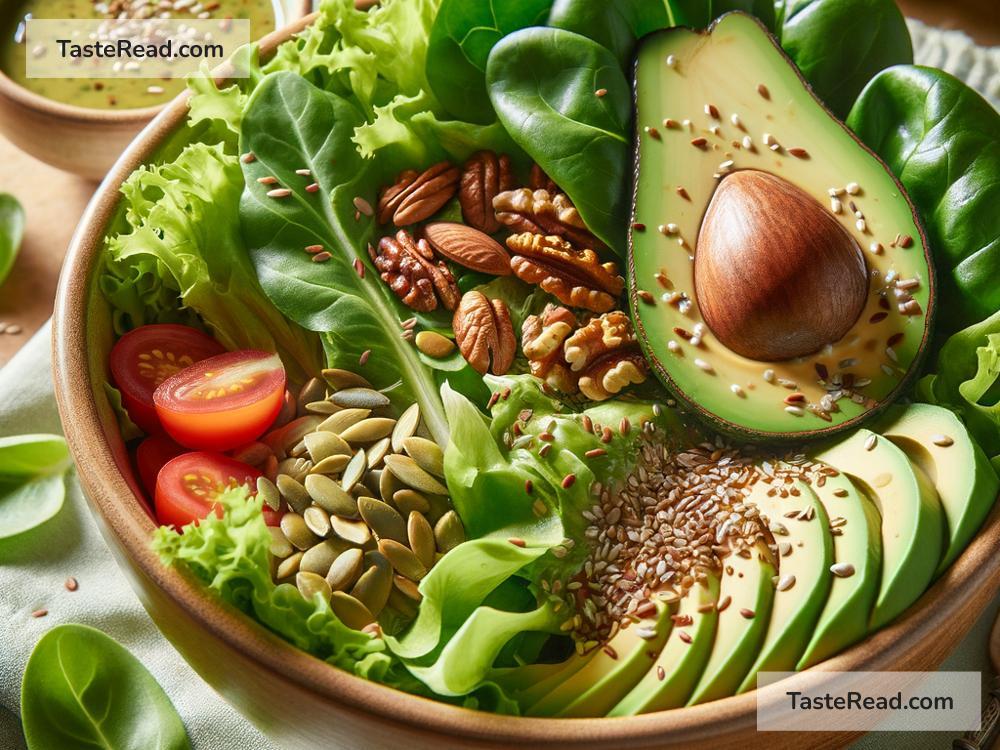Understanding the Role of Dietary Phytostanols in Health
When you walk down the grocery store aisle, you probably see products that say they’re good for your heart. Some of these products include ingredients you might not even know about, like “phytostanols.” But what exactly are phytostanols, and how do they help your health? Don’t worry – we’re here to break it down in simple terms.
What Are Phytostanols?
Phytostanols are natural compounds found in plants. They belong to a group called “plant sterols and stanols.” These substances are a bit similar to cholesterol, the fatty substance found in our bodies and in certain foods. But while cholesterol can sometimes cause health problems, phytostanols have been shown to fight against cholesterol and can be a good friend to your heart.
How Do They Work?
To understand how phytostanols work, we first need to talk about cholesterol. Your body uses cholesterol to build cells and make certain hormones, which means cholesterol itself is not necessarily bad. However, too much cholesterol in your blood can cause blockages in your arteries. Blocked arteries can lead to serious problems such as heart attacks or strokes.
Phytostanols don’t just sit around once they’re eaten – they get to work in your digestive system. Here’s how they help:
-
Stopping Cholesterol Absorption: When you eat, cholesterol from food and your liver heads to your intestines, where it gets absorbed into your bloodstream. Phytostanols compete with cholesterol for absorption, making it harder for cholesterol to get into your body.
-
Lowering LDL (Bad Cholesterol): LDL cholesterol (the “bad” type) is the one most linked to heart problems. By reducing how much cholesterol your body takes in, phytostanols help lower LDL levels in your blood. This can significantly reduce your risk of heart disease.
Where Can You Find Phytostanols?
Phytostanols naturally occur in foods like fruits, vegetables, nuts, seeds, and whole grains. However, the amount you’d get from eating these foods alone is often too small to make a big difference in your cholesterol levels.
Because of this, many food companies add phytostanols to specific products, such as:
- Fortified margarine or spreads
- Yogurt or milk with added phytostanols
- Certain snack bars or cereals
These “fortified” products have higher amounts of phytostanols, making it easier to get enough for heart health benefits. If you eat these foods regularly, they can be part of an effective strategy to manage your cholesterol levels.
Health Benefits of Phytostanols
The main reason researchers and doctors are interested in phytostanols is their effect on heart health. However, they may also contribute to overall well-being. Let’s take a closer look at their health benefits:
1. Reducing Risk of Heart Disease
By keeping cholesterol levels in check, phytostanols directly lower the risk of heart-related issues. High LDL cholesterol is one of the biggest factors in heart disease, so bringing it down through diet is an important step. Studies show that consuming 2-3 grams of phytostanols per day can lower LDL by about 10-15%.
2. Supporting a Healthier Diet
When you choose foods that contain phytostanols, you’re probably choosing healthier options overall. For example, fortified spreads or yogurts that include phytostanols often replace less healthy alternatives.
3. Safety and Tolerance
Phytostanols are safe to consume and generally don’t cause side effects. Unlike some medications used to lower cholesterol, they work naturally through your diet, making them a gentle option for most people.
Are Phytostanols Right for Everyone?
While phytostanols can help many people, they’re particularly useful for those with high cholesterol or at risk for heart disease. If you already have healthy cholesterol levels, consuming phytostanols may not make a big difference for you.
It’s also important to remember that phytostanols are not a magic fix. Lowering cholesterol and maintaining heart health involves multiple lifestyle factors, including eating a balanced diet, exercising regularly, and avoiding smoking. Think of phytostanols as one piece of the puzzle, not the whole picture.
If you’re unsure whether you need phytostanols, it’s always a good idea to talk with your doctor or a dietitian. They can assess your health and recommend whether adding these compounds to your diet would be helpful.
Tips for Adding Phytostanols to Your Diet
If you’re interested in trying phytostanols, here are some simple tips to include them in your routine:
- Swap regular butter or margarine for spreads fortified with phytostanols.
- Check labels on yogurt or milk – some brands specifically mention “added plant stanols.”
- Use cereals or snack bars fortified with phytostanols as part of a heart-healthy breakfast.
Remember, consistency is key. To see the benefits, you should aim to eat these foods regularly.
Final Thoughts
Phytostanols may seem like a small addition to your diet, but they play a big role in helping your heart. By stopping cholesterol from being absorbed into your body, they lower LDL cholesterol and support overall heart health. Whether you’re at risk for heart disease or just want to improve your diet, phytostanols offer a natural way to take care of yourself.
So next time you’re shopping, take a closer look at those labels. Choosing foods with added phytostanols could be the heart-friendly choice you’re looking for. Always pair them with other healthy habits, and you’ll be on your way to feeling your best!


